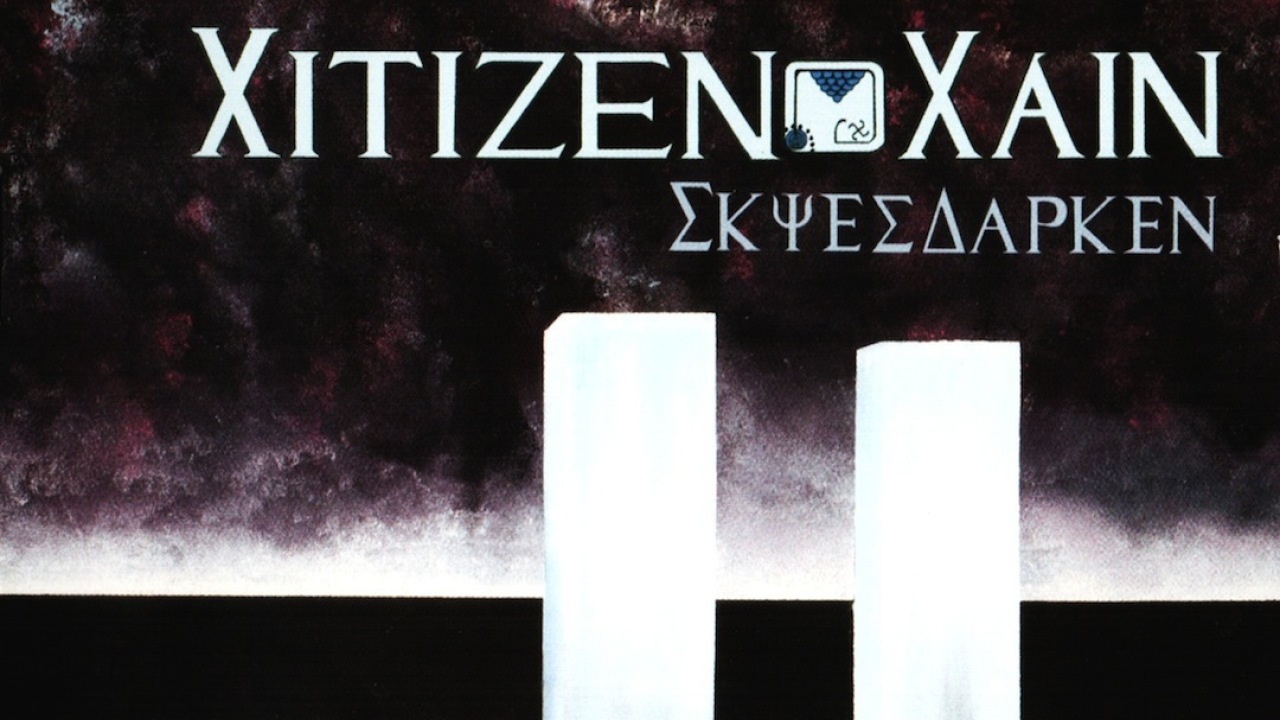Over their 30-year career, Citizen Cain have been frequently dismissed as Genesis impersonators. Their latest studio album comes a decade after their last, 2002’s Playing Dead, and represents a – perhaps brief – return of these long-lost Scottish progressive rockers. Skies Darken starts as it means to continue with the fiendishly fiddly riffing of The Charnal House. This opening song reveals immediately that the album (cheerily subtitled Mezentius Presents The Dance Of The Dead) is neither easy listening nor a work that makes many compromises.
But soon there’s some respite from the instrumental mayhem: the music morphs into a surprisingly delicate piano and vocal section, before returning to a thoroughly discomfiting instrumental passage. In just its first five minutes Skies Darken packs a fairly hefty punch, with lyrical snatches of the nursery rhyme Humpty Dumpty in the process.
Darkest Sleep exudes menace with lyrics such as ‘The point of your life is you’re the one who does the killing, the one who kills yourself’. Positive stuff this is not, but the music, which spans four longer and four shorter tracks including the splendid The Hunting Of Johnny Eue, is wonderfully cinematic and dramatic.
Citizen Cain have never entirely escaped that tag of being Genesis soundalikes. This is due in no small part to the vocals of enigmatic bassist and lyricist Cyrus – just Cyrus – which have an undeniable Peter Gabriel timbre to them. But putting that aside this is an album which marries moments of rare, restrained beauty with an intensity and bite that transcends some of the more stereotypical associations. There are thrilling twists and turns throughout its 70-plus minutes, and it contains much of their most memorable music to date by some distance (penned by long serving keyboardist Stewart Bell).
Put simply, Skies Darken is without question the album of Citizen Cain’s somewhat uneven, stop-start career. Perversely however, it may also be their last. Cyrus recently intimated that he envisages that the album will represent the band’s swansong. His apocalyptic and rather tortuous confessional sleeve notes aren’t exactly life-affirming, wryly noting in what sounds distinctly like a valediction that: “There have been those who have remarked that the work was of a very dark nature… That was my prime endeavour, to select the darker side of humanity and set it to music and I have loved every minute”.
However, an album of this quality suggests that, apocalypse permitting, there’s valid further mileage yet for this under-appreciated band.

